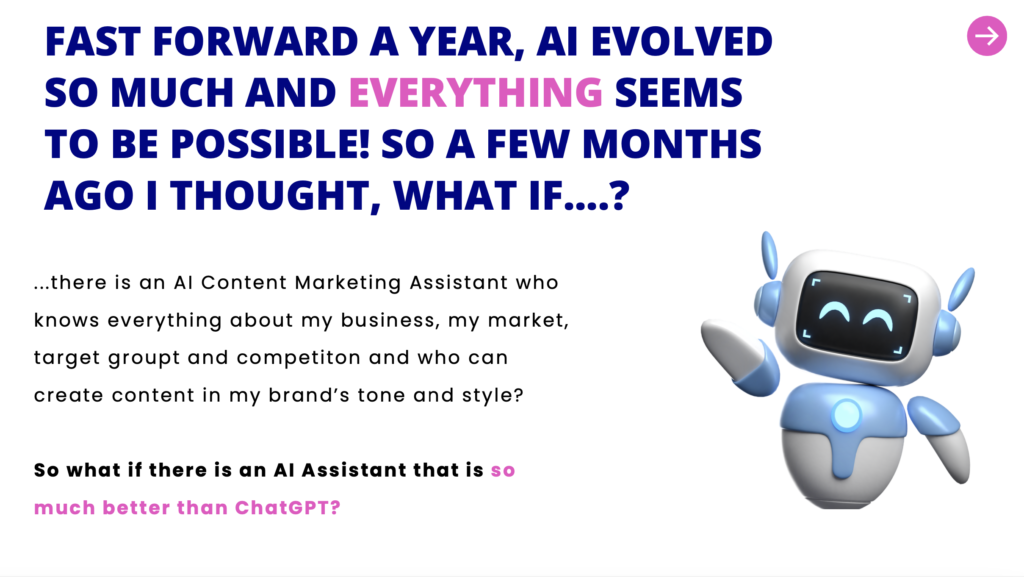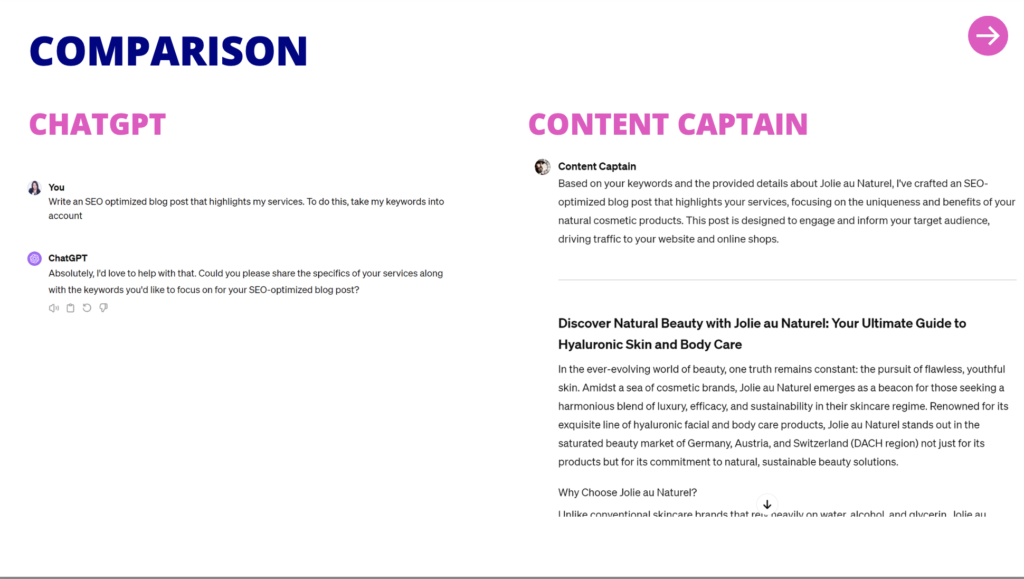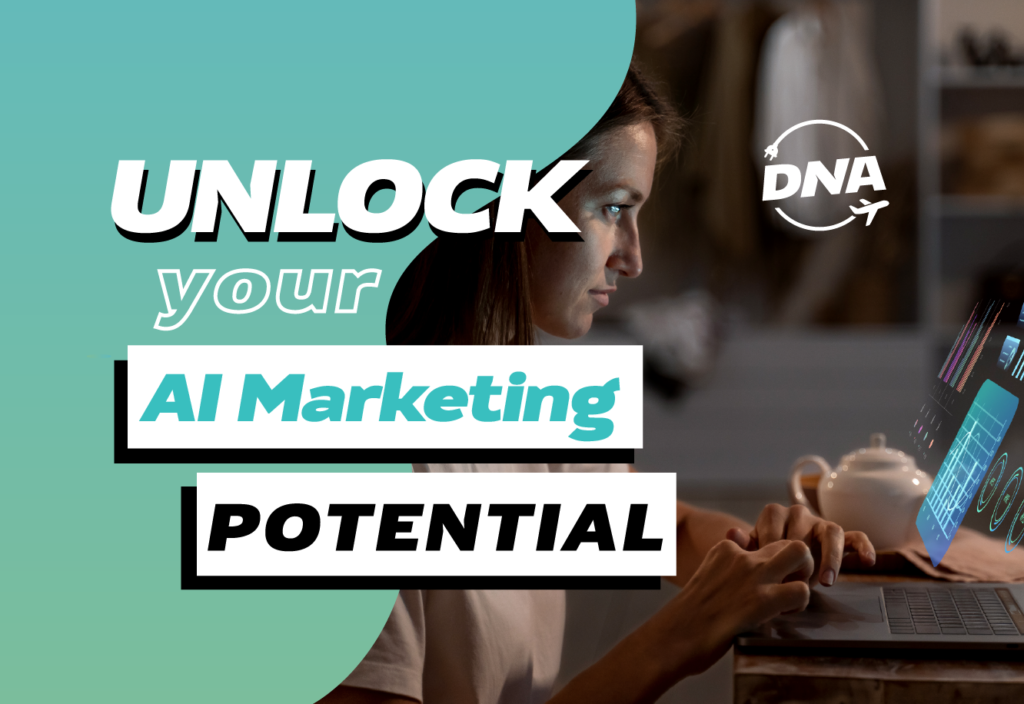In the ever evolving world of Artificial Intelligence, businesses are constantly seeking innovative ways to connect with their audiences and streamline their marketing efforts. Having an AI Marketing & Strategy Assistant provides you with a tool that has the potential to revolutionize how your business operates. To fully take advantage of your AI Assistant, it is essential to train it effectively.
Training your AI assistant isn’t just about teaching it to perform tasks. It’s about defining its roles, objectives, and personality to make it a part of your marketing strategy. This training process involves clearly outlining what you expect from the AI, providing it with the right data, and continuously refining its capabilities through feedback and real-world scenarios. By doing so, you transform your AI from a generic tool into a powerful, customized asset that drives growth and enhances customer experiences.
Through careful training, your AI can learn to communicate in a way that resonates with your target audience. The following guide outlines the best strategies for how to train your own AI Marketing & Strategy Assistant.
Benefits of Using a Personalized AI Marketing & Strategy Assistant
In today’s world, your customers don’t want to feel like you’re pushing your product onto them. It’s so important to identify their issues and come up with a solution without being overbearing. Using a personalized AI marketing and strategy assistant offers several key advantages that can significantly enhance your marketing efforts.

Enhanced Customer Engagement
Using an AI Assistant that provides personalized engagement to your clients will give you a huge leg up in comparison to your competition. Providing tailored responses that align with your brand’s voice will resonate with individual customers and you won’t have to take the time out of your day to do this tedious work. This personalization leads to more meaningful interactions and higher customer satisfaction.
Efficiency and Productivity
Your AI Assistant is not meant to replace your team, but enhance it. By using this tool your team’s efficiency and productivity will skyrocket as you will no longer be required to put effort into focusing on mindless, tedious tasks. Automating these routine tasks will free up your marketing team so they can focus on strategic initiatives.
Consistent Brand Messaging
A personalized AI assistant ensures consistent brand messaging across all platforms and interactions. This helps to build a strong, recognizable brand identity. This consistency offers a competitive edge in a crowded marketplace, allowing your brand to stay relevant.
Why Training your AI Assistant is Crucial
Training your AI marketing and strategy assistant is essential to unlocking its full potential and ensuring it aligns with your business objectives. Without proper training, even the most advanced AI can fall short of delivering the personalized, relevant interactions that drive successful marketing strategies.
When you effectively train your AI Assistant, it will understand your specific brand voice, target audience, and marketing goals. The customization of your personal AI Assistant ensures that content and responses will reflect your unique brand identity, leading to engaging and consistent customer interactions.
Ongoing training is crucial for your AI Assistant to adapt to changes in your marketing strategy and the evolving customer expectations. If you continuously update your AI Assistant, it will be able to quickly adjust to new information, trends, and feedback, ensuring that your marketing efforts remain effective. This commitment is key to leveraging AI as a powerful tool for driving growth and achieving your goals.
Creating a Content Marketing Captain
A well trained AI Assistant will work as a Content Marketing Captain for your company. To create an effective captain, there are a few key areas to focus on during the training process.

Define your Content Goals
You can create your own Content Captain on ChatGPT Plus. Below are the following steps to focus on when creating your Content Captain. You can also refer to this page for more information.
Name
Name your Content Captain!
Description
Describe to your Content Captain who they are. Include that they know your business inside and out and use your brand voice!
Custom Instructions
Include exactly what you need from your Content Captain!
Information Gathering Techniques
Inform your Content Captain where you want them to gather information from. Make sure to include that if they are not sure, they should ask for additional information.
Content Creation Guidelines
Inform your AI Assistant of the content style that you want it to follow.
Communication Style
Inform your CustomGPT the tone of voice and style you want it to follow.
Defining your AI’s Roles and Objectives
When training your AI Marketing & Strategy Assistant, you should make sure to be very clear and concise about exactly what you want from it. With Artificial Intelligence, it’s easy for things to be misconstrued, so it’s best to be very straight forward. If you precisely define your AI’s roles, there is little room for miscommunication.
Identify Core Responsibilities
First, you should identify the exact role that you want your AI Assistant to play. These could range from customer support and engagement, content creation, and social media management, to data analysis and lead generation. Defining these core responsibilities will help shape the training process, ensuring the AI is well prepared to execute these tasks effectively.
Align with Business Goals
Your AI should be a direct extension of your business strategy. If your goal is to enhance customer engagement, focus on training your AI to understand customer behavior and provide personalized interactions. If driving sales is a priority, train the AI to identify potential leads and craft persuasive messages. Clearly aligning the AI’s objectives with your business goals ensures that its output directly contributes to your success.
Establish KPIs and Success Metrics
To measure the effectiveness of your AI assistant, establish key performance indicators (KPIs) that align with its roles. These might include response times, customer satisfaction scores, engagement rates, or conversion metrics. By setting these benchmarks, you can track the AI’s performance, make necessary adjustments, and continually optimize its effectiveness.
Training your AI to Understand your Brand Voice
Training your AI to understand and embody your brand voice is crucial to maintaining consistency across all customer interactions. Your brand voice is what sets you apart in the marketplace. It’s the personality of your business and you can see it reflected in every piece of content you produce and every interaction you have with customers.

Define Your Brand Voice Clearly
You should be able to clearly identify what voice your brand has. Whether that’s professional, casual, humorous, or empathetic, your AI should know the exact voice your brand embodies. It’s helpful to come up with a brand guide that outlines these characteristics and includes examples of language, tone, and style. This guide can serve as the foundation of your AI’s training.
Provide Examples of On-Brand Content
Your AI is fully customizable, but it needs to know exactly what you want from it. You should supply your AI with a variety of content samples that reflect your brand voice. These can include marketing emails, blog posts, social media updates, and customer service responses. Providing your AI Assistant with real samples of on-brand content will ensure that it will be able to phrase messages, choose the right vocabulary, and maintain the tone that aligns with your brand identity.
Use Consistent Language and Terminology
Consistency in language not only reinforces your brand identity but also helps your AI respond accurately and coherently. You may face miscommunication and confusion with your AI if you change your language throughout the training. You should provide product names, taglines, slogans, or any industry-specific vocabulary that’s relevant to your business.

Training your own AI Marketing & Strategy Assistant is a strategic investment that can significantly boost your business’s efficiency and effectiveness. Watch our keynote speech from Alissa Gehrig for more inspiration.
Ultimately, a well-trained AI Assistant becomes a valuable extension of your team that drives personalized customer experiences and delivers data-driven insights.




